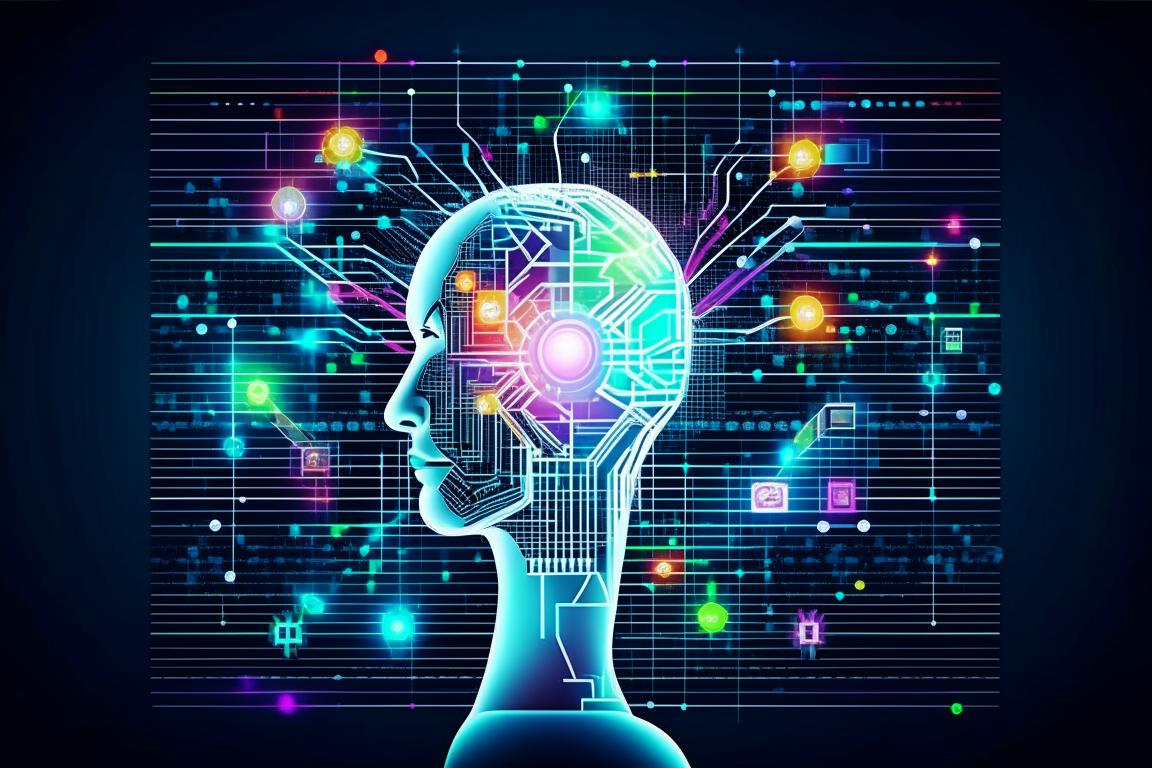Artificial intelligence (AI) has long been an integral part of our lives. It is used in a wide variety of fields, from healthcare and education to transportation and manufacturing.
Here are some of the most common applications of AI:
- Task automation: AI can be used to automate routine tasks such as data processing, customer service requests, and inventory management. This allows people to focus on more complex tasks and improves efficiency.
- Predictive analytics: AI can be used to analyze large amounts of data and identify patterns. This can help companies make more informed decisions and also prevent problems.
- Personalization: AI can be used to personalize products and services to meet the individual needs of users. This can improve the user experience and increase customer satisfaction.
- Robotics: AI is used to create robots that can perform tasks that are dangerous or tedious for humans. Robots are used in a wide variety of fields, from manufacturing to healthcare.
Here are some specific examples of AI applications in our lives:
- In healthcare: AI is used for disease diagnosis, development of new drugs, and personalized treatment. For example, AI is used to analyze medical images and identify signs of cancer.
- In education: AI is used for personalized learning, creation of adaptive learning materials, and assessment of student progress. For example, AI can be used to create individual learning plans for each student.
- In transportation: AI is used to develop self-driving cars and unmanned aerial vehicles. For example, AI is used for navigation in challenging conditions and preventing collisions.
- In manufacturing: AI is used to automate manufacturing processes, improve efficiency, and quality of products. For example, AI is used for quality control of products and identification of defects.
AI is still under development, and we can expect its applications to only expand. AI has the potential to change our lives in many ways, from how we work and learn to how we travel and care for our health.
Here are some potential future applications of AI:
- AI assistants that can perform everyday tasks such as cooking, cleaning, and childcare.
- AI devices that can recognize and respond to human emotions.
- AI systems that can create new forms of art and music.
- AI technologies that can help us better understand the world around us.
No matter what the future applications of AI may be, it is clear that this technology has the potential to change our lives for the better.
